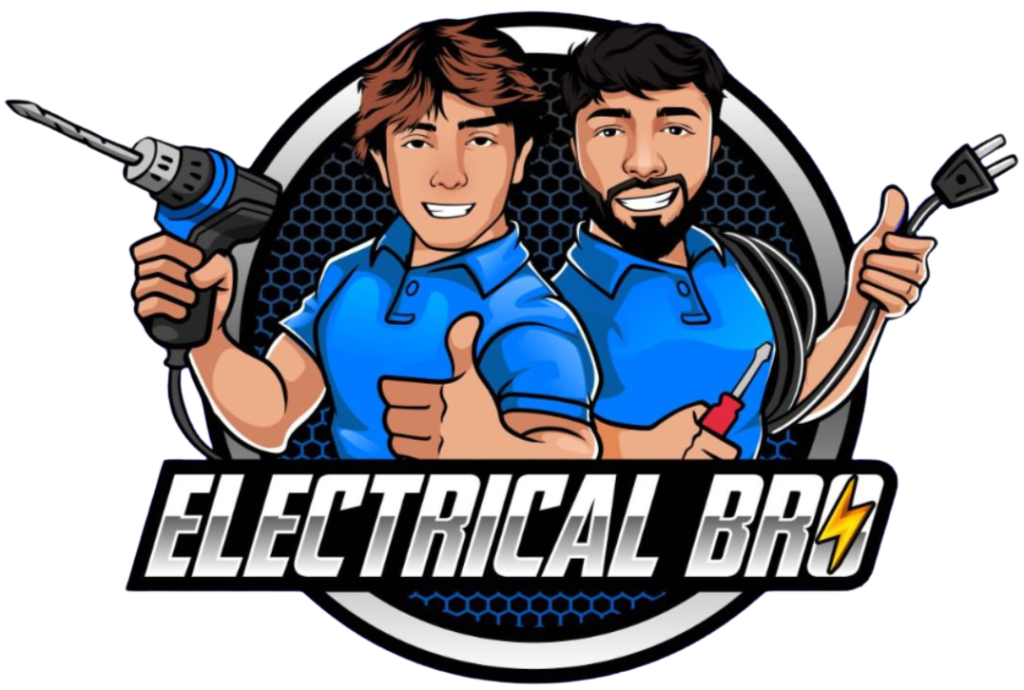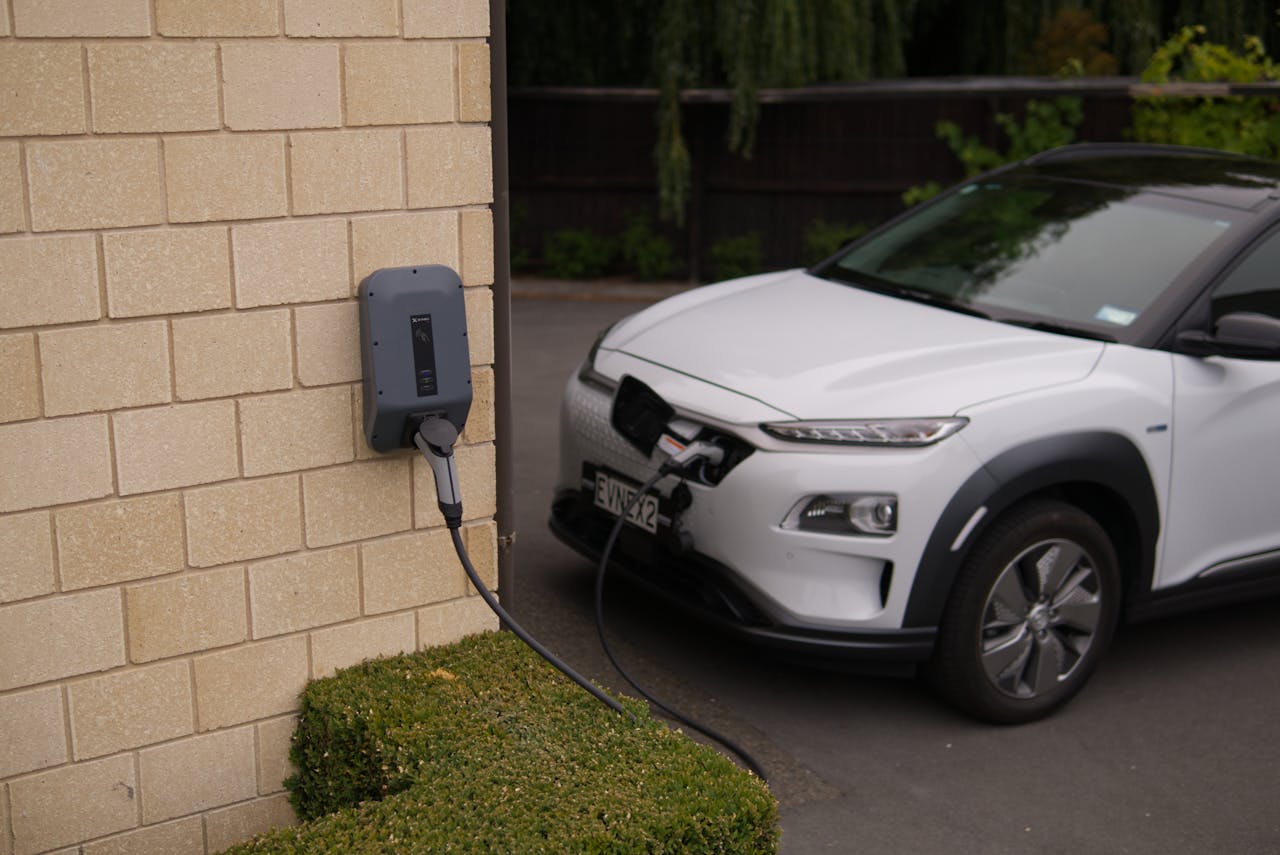So, you’ve made the decision to purchase an electric vehicle (EV). After signing the contract and waiting the typical 21 weeks for delivery, you’re eager to start seeing those savings. The answer is a qualified “yes, but.”
Let’s begin with the “but.” Electric vehicles tend to have a higher upfront cost—typically at least $10,000 more than comparable gas-powered models. This means buying an EV involves a substantial initial investment. However, the “yes” comes into play with operating costs. EVs are far less expensive to run and maintain, which, over time, can make the higher purchase price seem less significant.
You’ll Still Need to “Fill Up” – But It’ll Cost Less
Even though EVs run on electricity, not gas, they still need energy to operate. Instead of fueling up with gasoline, you’ll be charging a battery. The cost of charging an electric car can vary depending on factors such as local electricity rates, your vehicle’s efficiency, and the method of charging.
As we’ve noted in previous blog posts, there are two common options for home EV charging. Level 1 Charging uses a standard household outlet (120 volts), providing a rate of about 3-5 miles of range per hour—slow but functional.
Level 2 Charging, on the other hand, requires a dedicated 240-volt station and offers faster charging speeds, typically adding 15-30 miles of range per hour. The cost of installing a Level 2 charger can vary depending on the model, and it must be installed by a licensed and insured electrician.
What’s the Cost?
To estimate charging costs, multiply your electricity rate (in $/kWh) by the number of kilowatt-hours needed for a full charge. For instance, if your car requires 40 kWh for a full charge and your electricity rate is $0.12/kWh, the total cost would be $4.80. Compare that to March 2022, when gas prices averaged over $4.00 per gallon nationally, and the savings are clear.
For residents in the Bay Area, keep in mind that electricity rates can fluctuate. Peak pricing may apply during summer months, especially between 2 and 6 p.m. on weekdays. Rates during these periods are higher than at other times of the day.
DC Fast Charging: A Faster Option
If you’re on a long trip, DC fast chargers, typically found at public charging stations, offer the quickest recharge times. These stations can deliver up to 80% of a charge in 30-60 minutes, depending on your car’s battery capacity and the charger’s power. However, fast charging is usually more expensive per kWh than charging at home.
Additional Savings
There’s more good news for EV owners. Maintenance costs tend to be lower for electric cars due to fewer moving parts. EVs don’t require oil changes, transmission upkeep, or exhaust system repairs, all of which reduce maintenance expenses. Additionally, electric vehicles typically have longer-lasting brakes thanks to regenerative braking, which helps preserve brake pads.
Another important consideration is the availability of government incentives and rebates. Depending on the model, these programs can significantly reduce the initial cost of purchasing an electric vehicle.
Switch to Electric Vehicles with Electrical Bro
Thinking about making the switch from gas-powered to electric vehicles in 2023? Electrical Bro is here to assist with your transition. As trusted residential electrical contractors, our experienced team can help with EV charging installations, ensuring your home is prepared for the demands of electric vehicle charging. With our expertise in residential and industrial electrical services, Electrical Bro is your reliable partner for a smooth transition to EV ownership.
Contact us today for a free consultation. From initial estimate to project completion, our licensed electricians will help you select and install the best charging solution for your home.
Embrace the future of transportation with Electrical Bro!

